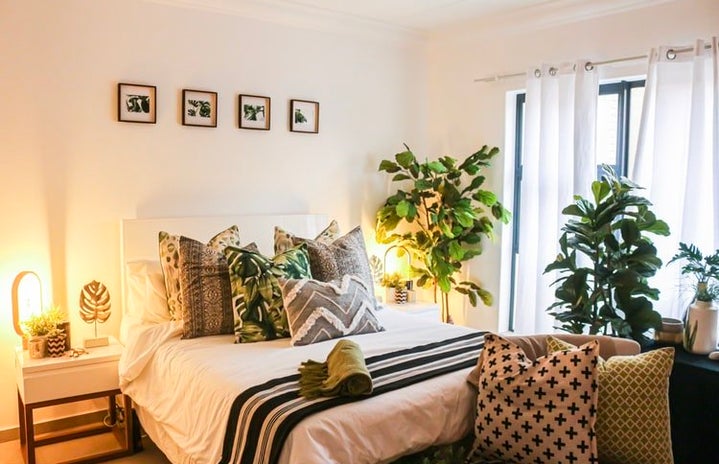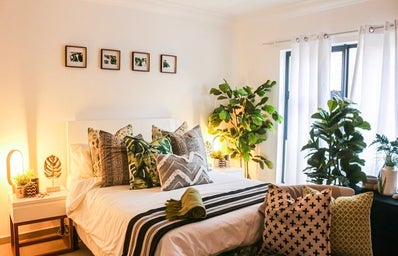Winter in the city is full of short, gray days and long, cold nights. The sun is only up for a few hours each day so it’s often difficult to find time to bask in its light before it goes down.
Yet, sunshine has immense health benefits. Sun exposure allows the skin to absorb vitamin D, which can prevent the risk of heart disease, various cancers, and a loss of bone density. In addition, light is shown to have numerous beneficial impacts on mental health, lessening the effects of seasonal depression and similar illnesses. Sunshine can also improve sleep (as counterintuitive as it sounds): in fact, a 2014 study found that exposure to sunlight during the day resulted in an overall improvement in the quality of sleep the participants experienced.
Light is especially important for students. With the stressors we face in and out of the classroom, coming back to our dreary dorm rooms after a long day can feel downright depressing. The following list suggests some tips to beat the winter blues by lighting up your living space.
- Fairy lights, neon signs, and other illuminated accents
-
Although not as beneficial for health as natural light, artificial light can help boost mood. In addition, string lights and neon accents can add a personal touch to any dorm room, and may make college feel more like home. But be forewarned: studies have shown that artificial lights late at night can have negative effects on one’s quality of sleep and may even increase the likelihood of mood disorders.
- Therapy lights
-
As described by Mayo Clinic, “light therapy is thought to affect brain chemicals linked to mood and sleep, easing seasonal affective disorder (SAD) symptoms. Using a light therapy box may also help with other types of depression, sleep disorders, and other conditions.” Light therapy is said to increase alertness during the day, contribute to consistent sleep, and balance serotonin levels. Specially designed “therapy lights” output 2,500 to 10,000 lux, thus compensating for a lack of natural light exposure. As Healthline asserts, light therapy is non-invasive, accessible, safe, and convenient, and you can purchase a therapy lightbox for as little as $69.99 online.
- Strategically place your mirror
-
Utilizing certain hacks like setting a mirror near your window can help to maximize the light exposure your room receives throughout the day. When placed near naturally occurring light, reflective objects like mirrors allow light beams to bounce off additional surfaces, brightening any room.
- Add plants, fun decor, and bright accents
-
Greenery can make any living space feel more lively — just make sure that the plants you get don’t require too much light. Likewise, decor such as colorful posters or vibrant wall art can create a brightening effect.
- Tidy up
-
Crowded spaces tend to cause a darkening effect. By tidying up, you can make a small dorm room feel much larger, thus allowing for more natural light to flood into your room. In particular, try to keep the space around your window(s) clear so as not to obstruct it. Moreover, a cleaner space can actually boost one’s mood and improve overall mental health.
- Pay attention to your color palette
-
Living in dorms makes it difficult for students to freely express themselves via their choice of wall color. Yet, the color palette we select for more portable objects can still affect the amount of light a room receives. Lighter and brighter colors help to reflect light whereas darker colors simply absorb it. Think about purchasing baby blue sheets, off-white pillowcases, or a light pink rug.
- Spend more time outside
-
Of course, spending more time outside won’t improve the amount of light exposure your room gets, but every bit of sunshine counts. It may be especially hard to get outside during the winter months, but doing so is extremely important for your physical and mental health. Light regulates our sleep, improves our metabolism, promotes many immune system functions, betters our mental health, and can even enhance our cognition.
Many of the techniques you can use to augment your exposure to light can be easily implemented into your daily life, from tidying up your dorm to purchasing reflective decor. Sunshine is extremely important to nearly all aspects of our lives, so whether you bring the light inside or go outside to meet it, be sure to get your daily dose of vitamin D!

